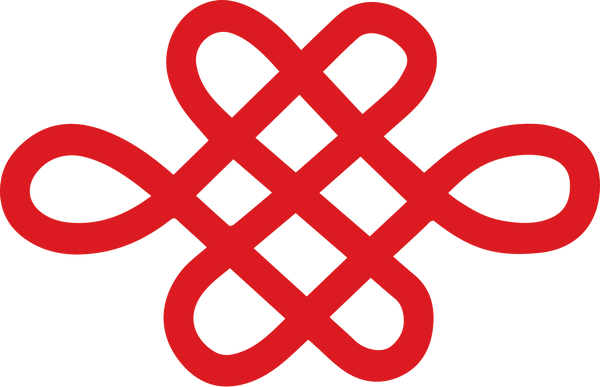Did you know 85% of the U.S. population consumes at least one caffeinated beverage a day? That means the other 15% have mastered the art of living without caffeine! Want to become part of that 15%? Keep reading on!
SPILLING THE BEANS
Caffeine is nothing short of a miraculous molecule (see its complexity pictured below), it is part of a group of compounds called methylxanthine. More commonly known, it is categorized as a mild stimulant to our central nervous system (CNS). Caffeine is found in more foods and beverages than you might know besides coffee. It's also in chocolate, tea, soda, and energy drinks!

LET'S TALKS SCIENCE!
Caffeine is an adenosine antagonist, meaning the molecule inhibits adenosine from binding to the receptor which releases the neurotransmitter GABA. When GABA is released it inhibits a cascade of neruons involved in wakefulness, thus when we consume caffeine we prevent molecules that bind to our receptors that are responsible for tiredness. Still with me? Caffeine is also thought to increase activity of dopamine, norepinephrine, and other neurotransmitters that promote arousal and that feeling of "Everything is going great!".
THE CRASH
We all know that when there's a rise to something, there's also a fall-- we've all experienced it before, the dreadful coffee crash! Caffeine crashes are one of the side effects one can experience, especially if consumed regularly. Here are some other possible side effects:
- Caffeine can worsen Candida albicans and yeast overgrowth conditions, since it exhausts the adrenals, puts stress on the immune system, and causes inflammation, and can stimulate bacteria growth
- Caffeine can temporarily raise your blood pressure, meaning that individuals with high blood pressure or heart issues may experiences a worsening of symptoms.
- Caffeine exhausts your liver, kidneys, and adrenals, which is especially problematic if you are dealing with chronic disease or take large amounts of medications
- Many caffeine-laden beverages and foods like coffee, sodas, and chocolates contain high amounts of acid, which creates an environment in which bacteria thrive and leading to increased risk for ulcers, acid reflux, and other digestive irregularities
- Caffeine contributes in increases in anxiety when overused
- Sleep disturbances
THE CURE
If you're looking to lessen or quit caffeine we have just the answer for you: Apple cider vinegar! ACV is a great alternative for all you coffee and soda-loving folks especially during the withdrawal process. Lessening caffeine from your lifestyle may be difficult in the beginning as most people experience withdrawal symptoms in the first week or two. People have reported:
- Headaches
- Nausea
- Inability to concentrate
- Irritability
- Lack of energy
- Constipation
- Lack of appetite
- Dehydration
But don't give up! Drinking ACV during the withdrawal period is a great way to help the body detoxify from caffeine while providing a clean source of energy. By reducing or eliminating caffeine, your body will start to purge built up toxins and restore full adrenal and liver function. There are lots of things you can do to help support your system and aid in detoxification, as well as reduce withdrawal symptoms:
- Stay hydrated
- Exercise - this will naturally energize you and give you a dose of dopamine to feel good!
- Sweat it out at the sauna or steam room!
- Get plenty of sleep
Try Purely or Q SOO as a caffeine alternative! ACV will not only soothe your caffeine withdrawal symptoms but it will also offer a variety of health benefits-- a main one being a pre+probiotic which supports our gut microbiome and thus, our overall health. Try Purely concentrates, which you are free to create and mix into your favorite cocktails, mocktails, or simple seltzer water. Or try Q SOO that is ready to grab and go, and delicious for the whole family. Happy gut, happy life!

![Be [Caffeine] Free](http://purelydrinks.com/cdn/shop/articles/IMG_2981.jpg?v=1594193052&width=1100)